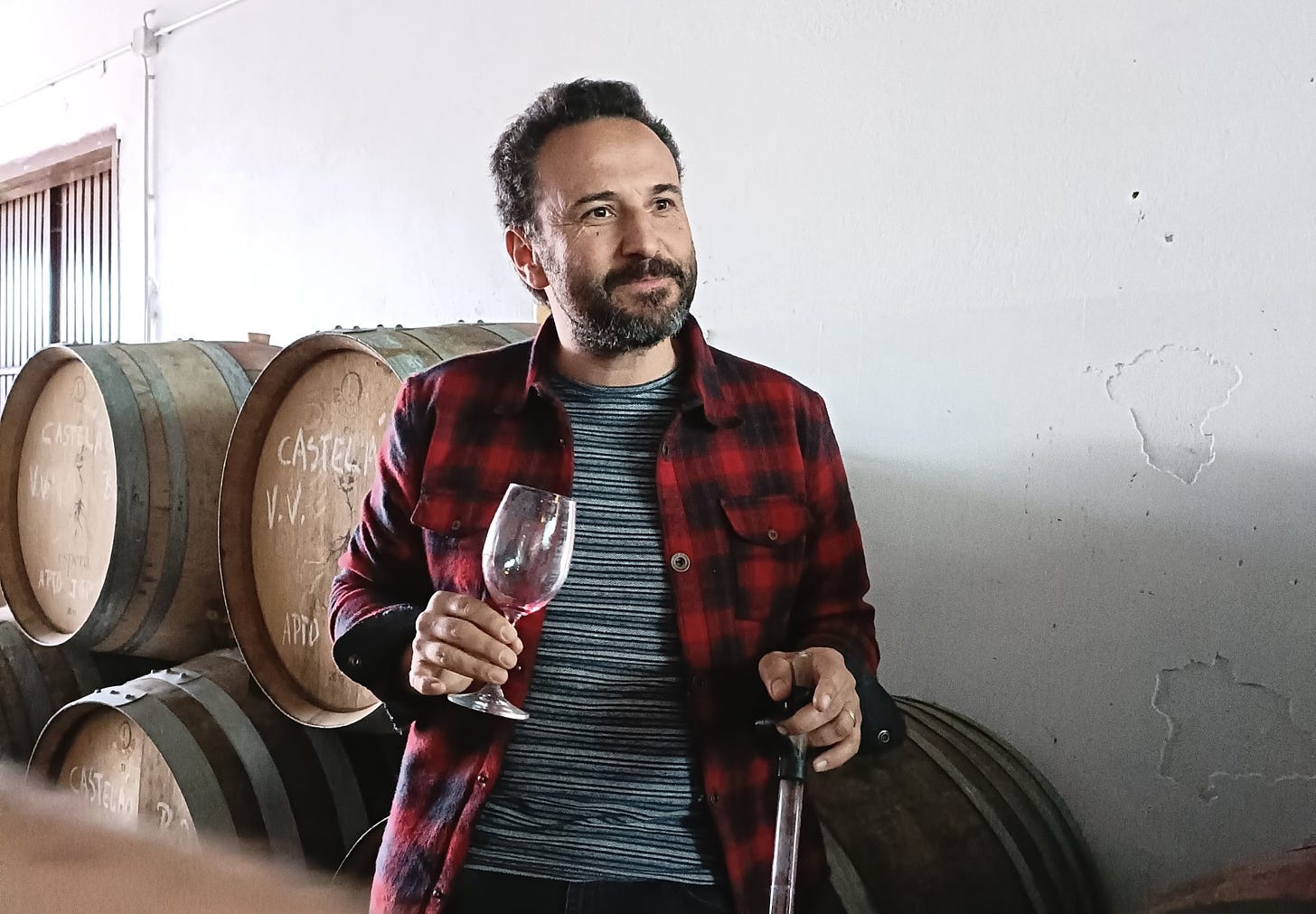The new Lisboa: Rodrigo Martins and Espera
Simon visits consultant and natural winemaker Rodrigo Martins, to learn about his change to working exclusively with organic viticulture and his personal Espera project. We also talk about his frustration with the DOC classification process in Lisboa.
Consultant winemakers - oenologists as they're officially known in the trade - have a certain image. Often, they're the ones who went to winemaking school and learned about the tech, how important it is to use the right selected yeasts and enzymes for fermentation and how you need to be sure to sterile filter your wines so that supermarkets can purchase…
Keep reading with a 7-day free trial
Subscribe to The Morning Claret to keep reading this post and get 7 days of free access to the full post archives.




